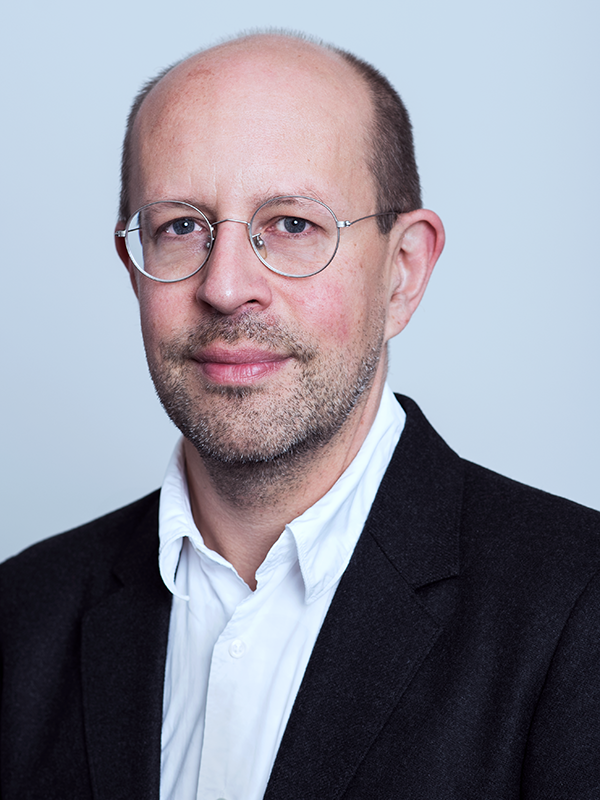
Philipp Ekardt is the Academic Coordinator of the Traveling Forms-project. Prior to joining Konstanz University he held a visiting professorship at the Institute for Art History and Aesthetics at the University of the Arts in Berlin, research and teaching positions at the Warburg Institute in London and the Free University in Berlin, as well as fellowships at the eikones Center for the Theory and History of the Image / Basel University (sponsored by the NOMIS Foundation), at the Cinepoetics Center for Advanced Film Studies at the Free University Berlin, and the German Art Historical Forum in Paris. He studied art history and literary studies in Berlin, Paris and at Yale University, where he earned his PhD. He is also a former editor-in-chief of the Berlin-based publication ‘Texte zur Kunst’.
Ekardt’s project at Traveling Forms concerns the emergence and circulation of two highly mobile forms around 1800: the so called Attitudes of Lady Emma Hamilton – performances in which Hamilton adopted poses that reminded her contemporaries of stances and gestures familiar from figures on ancient Greek vases; and neoclassical dress – a type of garment which, while appearing to revive the dress-styles of antiquity, also incorporated global formal and material elements, primarily derived from Indian cotton weaves. The project connects these two traveling forms to contemporary sources, writings and artistic practices which were concerned with formal elements such as contour and a wider set of ‘living images’ (Winckelmann, Goethe, Böttiger, Hirt, Vigée-LeBrun, Rose Bertin). Drawing on a set of form theories, the project also focuses on the question of neoclassicism as a style which, while aiming to re-ground European culture in antiquity, relied on and realized a repertoire of forms streamlined for circulation.
In Ekardt’s wider work, these studies link up with investigations into the interconnection of form, dress, metamorphoses, and neoclassical style, in contemporary art (e.g. in Scottish artist Lucy McKenzie's investigations of regionalist and feminist alternative production-histories of modernist art and fashion, and in the queer archaeologies of American Nick Mauss), as well as in writers, critics and couturiers of the 1930s, mostly based in Paris, such as Helen Grund, Walter Benjamin, Elsa Schiaparelli, Madeleine Vionnet, and Gertrud Kantorowicz.
Kontakt
Dr. Philipp Ekardt
Traveling Forms-Project / Universität Konstanz
Bischofsvilla / Otto-Adam-Str. 5 / 78467 Konstanz
Germany
